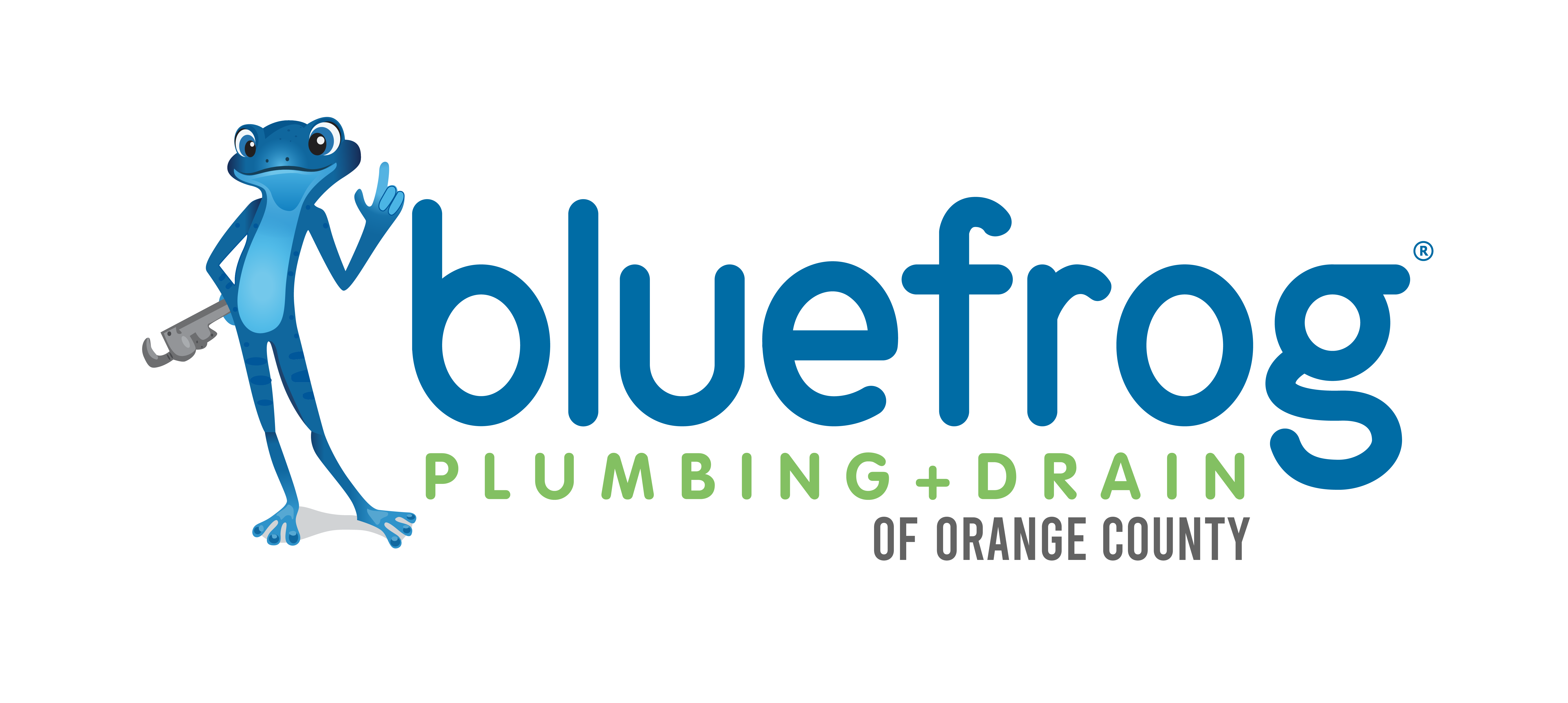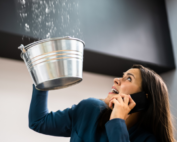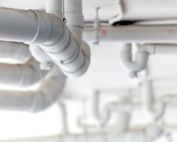Common Pipe Problems
Owning a home is a wonderful experience but ownership comes with many responsibilities. One of these responsibilities is caring for the plumbing running throughout the home. The majority of home plumbing is hidden behind walls and ceilings and it is often difficult for homeowners to determine the state of their pipes. Knowing some of the more common threats to your plumbing may help you avoid inconvenient and costly problems such as no water or, in the case of flooding, too much water. Because plumbing is mostly hidden it is recommended to hire a professional plumber to inspect your plumbing every few years. Factors like high water pressure or clogged pipes can be identified and corrected early before they become major issues. Also, a plumber can inspect hard-to-reach areas and look for leaks and other problems.
Nasty Clogs
Slow draining showers and sinks can be obstructed by small toys, accumulating hair, or sediments due to corrosion, collecting along drain lines. Installing drain filters over all of your sink and shower drains can help prevent unwanted items from entering your plumbing. If your drains are already affected and draining slowly or not at all, you can try some home remedies to unblock them such as pouring a combination of vinegar and baking soda down the drain. More difficult clogs may need the use of a plunger and, if that doesn’t work, eventually a plumbing snake to clear the clog. Do not resort to using chemical agents to unblock your drains. They are very caustic and can cause permanent damage to your pipes which may lead to more serious issues than just a slow-draining pipe.
Kitchen Issues
A clogged sink in the kitchen is a very inconvenient problem. Putting the wrong foods down the drain is often the problem. The foods you should not dispose of are foods heavy in starch such as beans, rice, pasta, and potatoes as well as eggshells and coffee grounds. Probably the biggest culprit to clogging a kitchen sink is cooking grease. All cooking grease should be absorbed with paper towels and placed in the trash can or poured into a storage container. At the end of every day, hot water should be run to clear any residue that might be lingering in drain pipes.
Frozen Pipes
There are certain areas in everyone’s home that are colder than the rest of the house. Often times attics, basements, or crawl spaces fall into this category. Poorly insulated rooms and the exposed pipes running through these areas are at risk. The best way to deal with frozen pipelines is to avoid them altogether by adding extra insulation to ceilings and walls and purchasing and installing pipe sleeves. Also, keeping doors open between cold and warm areas will increase the temperature around the pipes.
Leaks
There are many reasons why your pipes may be leaking. Over time pipes crack, corrode, and may eventually burst which can leave behind a mess and a huge expense. Some of the more common causes of pipe leaks are broken water seals, high water pressure, corrosion, broken pipe joints, clogs, and tree roots. Water seals are used to connect your appliances like your refrigerator or washing machine to your waterline. These can loosen or break causing water to exit onto the floor. High water pressure can place undue stress on pipes. It is recommended that the maximum water pressure in your home not exceed 60psi. Rust and corrosion are popular causes of leaking pipes. Pipes experiencing too much damage may need to be replaced with new plastic piping which is rust and corrosion-proof. Leaky joints can be tightened or removed, clogs can be cleaned out and special herbicides can be flushed down toilets to kill small tree roots that may interfere with the sewer system.
Sewer Backups
A common and costly problem for homeowners occurs when the sewer line leaving the home becomes damaged or clogged. If your sewer pipe is connected to a septic system, it is important to maintain your system and have your septic pit emptied on a regular basis. If the septic system is used by a single family, it is recommended that the pit be emptied every three to five years. On the other hand, if your home’s waste products drain into a public sewer system, it is recommended that your sewage pipe be inspected and cleaned every 2 to 3 years to avoid sewer backups.
Being aware of the more common pipe issues in your home may save you lots of aggravation and possibly thousands of dollars. Keep your eyes open for potential problems and regularly enlist the expertise of an experienced plumber to guide your preventive maintenance plan. Together you can maintain a well-functioning plumbing system for years of reliable service.
Are you facing issues with your plumbing pipes? Contact us today! We are plumbing experts in Newport Beach, Orange County, and the surrounding areas.

Slab Leaks: A True Plumbing Emergency
Home building following World War II was aggressive, so many houses were built on cement foundations to reduce the time it took to build them and to keep costs at a minimum. They were
How To Extend The Life Of Plumbing Pipes
A plumbing system consists of a complicated series of pipes, fixtures, and appliances that provide the infrastructure to run a well-functioning home. In this article, we will focus solely on plumbing pipes and ways
3 Silent Signs You Have A Plumbing Problem
Some plumbing issues announce themselves with a fury such as a drain backing up with sewage or a burst pipe, while others remain silent and destructive. In this article, we will reveal 3 signs



